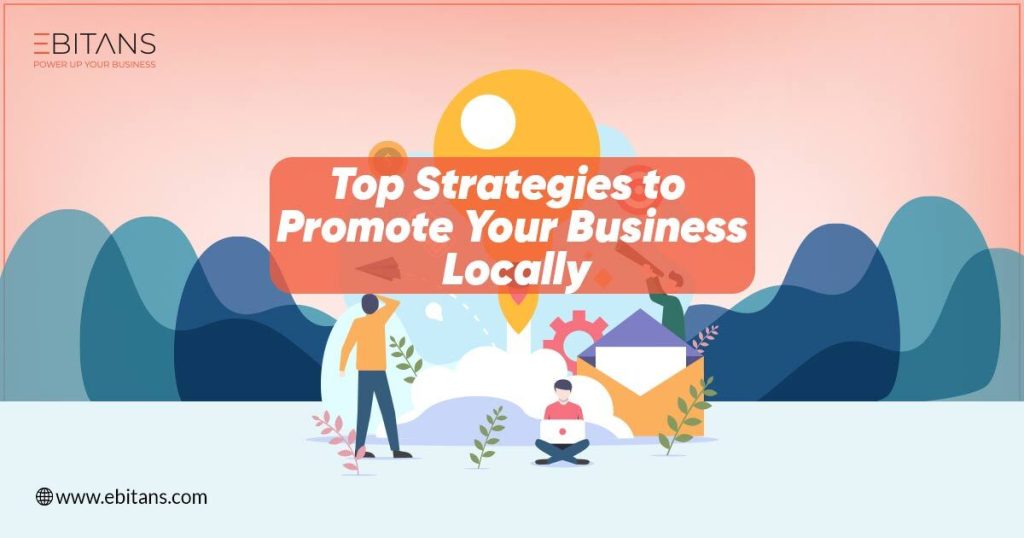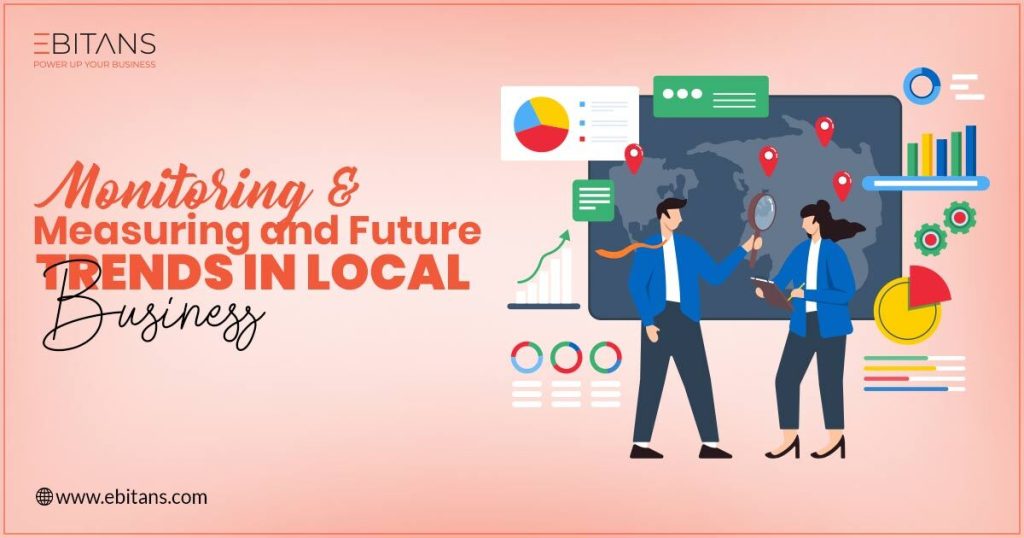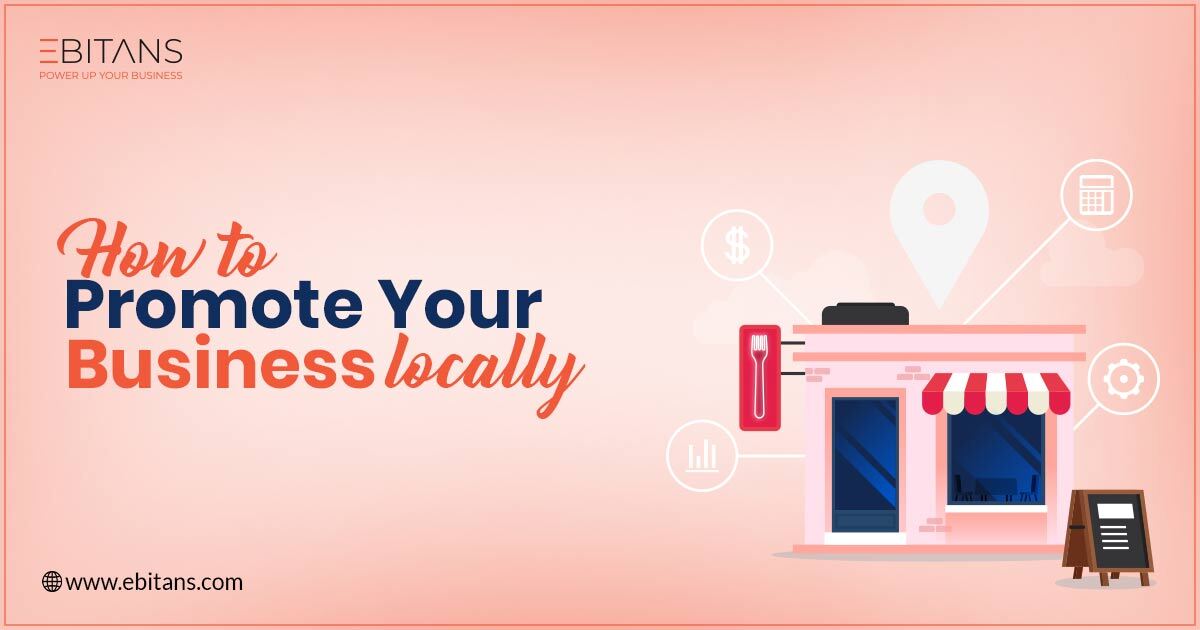Introduction
Promote your business locally area is essential for growth and sustainability, especially if you’re competing with other companies that also cater to the same community. Whether you’re a small cafe, a retail store, or a local service provider, ensuring that your neighbours know who you are can lead to more foot traffic, stronger customer loyalty, and more business growth. Local promotion isn’t just about advertising; it’s about integrating yourself into the community, building relationships, and standing out.
With more local businesses for sale and entrepreneurs seeking new ventures, mastering local promotion is crucial in making your mark and gaining a competitive edge. In this article, we’ll explore strategies and insights on promoting your business locally, using best practices and intelligent marketing techniques to keep the bank intact.
Why Promoting Your Business Locally Matters
Promoting your business locally is about more than selling products or services—it’s about becoming a part of the local ecosystem. Local businesses are vital in strengthening the economy and creating a sense of community. When people feel connected to local businesses, they are more likely to return, recommend you to others, and become loyal patrons.
You reach a highly targeted audience by promoting your business locally. These people will most likely visit your store, book your services, and spread the word to their neighbours. Additionally, solid local promotion increases your credibility. Customers tend to trust businesses they know are nearby and are active in the community.
Understanding the Local Market
Before diving into promotion strategies, it’s essential to understand the dynamics of your local market. This means knowing your competition, your target audience, and your community’s unique challenges and opportunities.
Analyzing Your Competition
Learning from your competitors is one of the first steps in formulating an effective local marketing plan. Take a close look at what other businesses in your area are doing. Are they relying heavily on social media? Do they have a strong Google My Business presence? How do they engage with their customers? How to promote your business locally?
Tools like Google Alerts, competitor social media monitoring, and even casual visits to their physical locations can give you insights into what’s working for them and what gaps you can fill.
Identifying Your Target Audience
Who are your ideal customers? Are they families, working professionals, or perhaps retirees? The more precise your understanding of your target audience, the more precisely you can tailor your marketing efforts to their needs.
Develop customer personas that represent your ideal customers. This might include factors like age, gender, income, lifestyle, and pain points that your business addresses. For example, if you’re a fitness studio, your target audience might include young health-conscious professionals with busy schedules.
How to Promote Your Business Locally

Now that you understand the local market let’s examine specific strategies for promoting your business locally.
Leverage Social Media for Local Reach
Social media platforms like Facebook, Instagram, and LinkedIn can be powerful tools for local business promotion. You can use these platforms to engage directly with your local audience by creating content that resonates with them. For example, post updates about special offers, showcase your products or share behind-the-scenes moments that humanize your business.
Use location-specific hashtags and geotags to ensure your content reaches people in your area. For instance, if you own a bakery in Austin, use hashtags like #AustinEats or #AustinBakery. This can help your posts get discovered by locals looking for recommendations or new spots to try.
Google My Business: Your Most Powerful Tool
Google My Business (GMB) is one of the most critical tools for promoting a local business. When people search for services or products in your area, a well-optimized GMB listing can make your business more visible in Google search results and Google Maps.
Make sure your GMB profile is complete, accurate, and updated regularly. Add high-quality photos of your business, encourage satisfied customers to leave reviews, and respond to positive and negative feedback. Not only does this improve your credibility, but it also helps with local SEO.
Local SEO: Optimizing for Search Engines
Local SEO is crucial if you want your business to be found online by customers in your area. This means optimizing your website for keywords related to your company and location. For instance, include phrases like “promote your business locally” or “best ways to promote your business in [city]” in your website’s content.
Additionally, ensure your website is mobile-friendly, as many local searches are conducted on mobile devices. You should also include your business’s name, address, and phone number (NAP) on every website page and ensure this information is consistent across all online platforms.
Hosting or Sponsoring Local Events
One great way to increase your visibility in the community is by hosting or sponsoring local events. This could be anything from sponsoring a local sports team to hosting a charity fundraiser. When people see that your business is involved in the community, they’re more likely to remember and support you.
Hosting a workshop or seminar related to your business can also effectively demonstrate your expertise while engaging with potential customers. For example, a pet store might host a “How to Care for Your New Puppy” workshop, which draws in new pet owners and builds relationships.
Partnering with Other Local Business
Consider partnering with other businesses in your community to cross-promote each other’s products or services. This can be particularly effective if you collaborate with complementary businesses. For example, a local bakery might partner with a nearby café to offer a “coffee and pastry” deal, or a fitness centre could Team up with a local health food store.
Cross-promotion introduces your business to a new audience and strengthens your ties within the local business community.
Community Involvement and Outreach
Being involved in your community isn’t just good for business—it’s also rewarding. Engage in local charity drives, sponsor youth sports teams, or offer discounts to community organizations. When you’re actively involved in making your community a better place, people are more likely to see your business as a positive force and support you.
Direct Mail and Local Advertising
In the digital age, it’s easy to forget about traditional marketing methods, but direct mail and local advertising still have their place. A well-designed flyer or postcard can catch the attention of residents, mainly if it includes a compelling offer like a discount or a free consultation.
You can also explore advertising opportunities in local newspapers, radio stations, or billboards. These channels help you reach different segments of the local market that might be less active online.
Local Business Directories and Listings
Getting your business listed in local directories like Yelp, Trip Advisor, or even the Better Business Bureau can give you a significant advantage. These platforms rank highly in search engine results and are trusted by consumers looking for local businesses.
Encourage satisfied customers to leave positive reviews, which can influence others to choose your business over competitors.
Case Studies: Successful Local Business Promotion Examples

It’s always helpful to learn from businesses that have successfully navigated the challenges of local promotion. Let’s look at a few examples.
local businesses for sale
A small clothing boutique in a mid-sized town leveraged Instagram to promote local businesses’ new arrivals and special sales. Using local hashtags and geotagging their posts significantly increased foot traffic. They also partnered with a local influencer to host an in-store event, which attracted new customers and boosted sales.
Local Service Provider
A plumbing company used Google My Business to its full potential by encouraging customers to leave reviews. As a result, they saw an uptick in inquiries from residents who found them through Google searches. The company also sponsored a community sports Team, further increasing its visibility.
Restaurant or Café
A local café participated in community events, such as food festivals and charity fundraisers. They also used Facebook to run a contest, offering a free meal to a lucky winner who shared their post. This helped them gain more followers and increased their customer base.
Challenges in Promoting Local Businesses
Promoting a local business has its challenges. Let’s discuss some common obstacles and how to overcome them.
Limited Budget
If you’re working with a small budget, you should get creative with your marketing efforts. Social media, Google My Business, and cross-promotion partnerships can be highly effective without costing much. You can also use free local directories to get your business listed without fees.
Standing Out Among Competitors
Differentiating your business in a crowded local market can take time and effort. Focus on what makes your business unique: product quality, exceptional customer service, or your commitment to the community. Also, don’t be afraid to highlight your personal story—customers often like to support businesses with a face and a name behind them.
Adapting to Market Changes
Local markets can change rapidly, and it’s essential to stay flexible. Monitor emerging trends, listen to customer feedback, and pivot your marketing strategy if necessary. For example, the rise of online food delivery platforms has changed how many local restaurants operate.
Monitoring and Measuring Success

How do you know if your local promotion efforts are paying off? You need to track and measure your success to ensure you’re on the right track.
Utilizing Google Analytics
Google Analytics can help you track how much traffic your website receives from local searches. You can also see where visitors come from and how they interact with your website.
Social Media Insights
Most social media platforms offer insights that show how your content is performing. These tools can tell you which posts are driving engagement, where your followers are located, and which types of content resonate best with your audience.
Customer Feedback
Listening to your customers is one of the best ways to gauge the success of your local promotion efforts. Are customers mentioning that they found you through a particular platform or campaign? Are they leaving positive reviews? Track this feedback and adjust your marketing strategies as needed.
Future Trends in Local Business Promotion
As the marketing landscape evolves, new trends shape how businesses promote small businesses themselves locally.
Hyper-Local Targeting
Hyper-local targeting allows businesses to reach customers based on their precise location. This can be done through mobile advertising platforms that deliver ads to people as they move through specific areas. For example, you could send a promotion to people within a half-mile of your store.
Personalization
Customers increasingly expect personalized experiences. Using data to tailor your marketing messages to individual customers can build stronger relationships and increase customer loyalty. For example, sending customized offers via email or SMS based on a customer’s previous purchases can be highly effective.
Conclusion
Promoting your business locally is essential for long-term success. By understanding your local market, utilizing digital tools like social media and Google My Business, and engaging with your community, you can build strong customer relationships and increase your visibility. Whether you’re a small business just starting or looking to grow, the strategies outlined in this article can help you stand out in your local market.
FAQs
How much should I budget to promote my business locally?
Budgeting depends on your industry, competition, and goals. Start small with cost-effective strategies like social media and gradually invest more in paid ads as you see results.
What’s the best platform for local business advertising?
Google My Business is one of the best local advertising platforms, as it directly affects local search results. Social media platforms like Facebook and Instagram also work well for targeting specific areas.
How can I get more local reviews for my business?
Encourage satisfied customers to leave reviews by offering incentives like discounts or freebies. Always ask for reviews at the point of sale or after service delivery.
How can a small business stand out in a crowded local market?
Focus on your unique selling points, engage with the community, and tell your story. Customers appreciate businesses that offer something unique and give back to the local area.
Are there any free tools to help with local SEO?
Yes! Google My Business, Moz Local, and BrightLocal are great tools for local SEO. Local directories like Yelp and TripAdvisor can boost your visibility for free.
